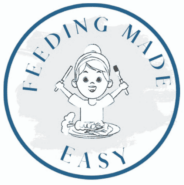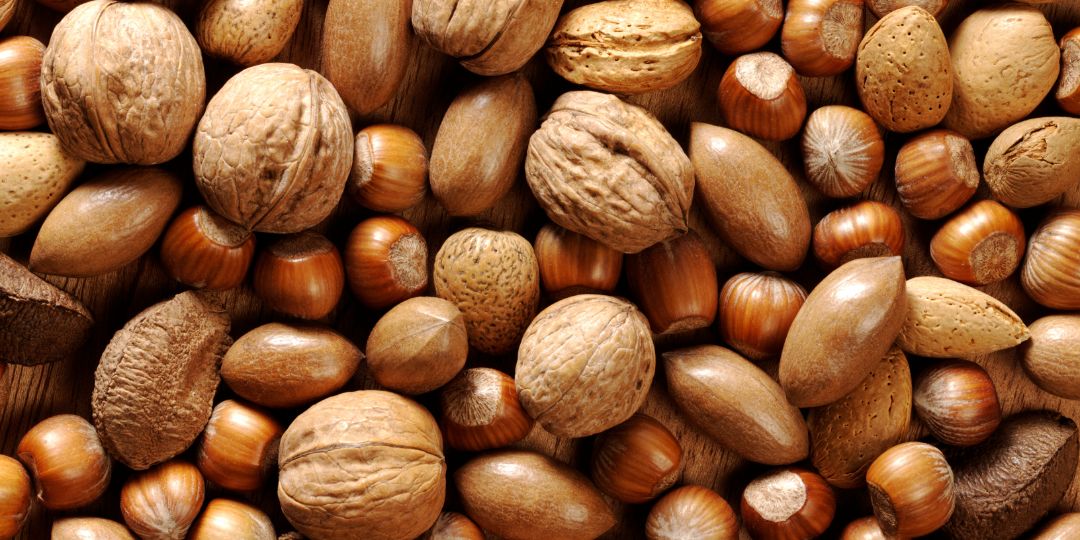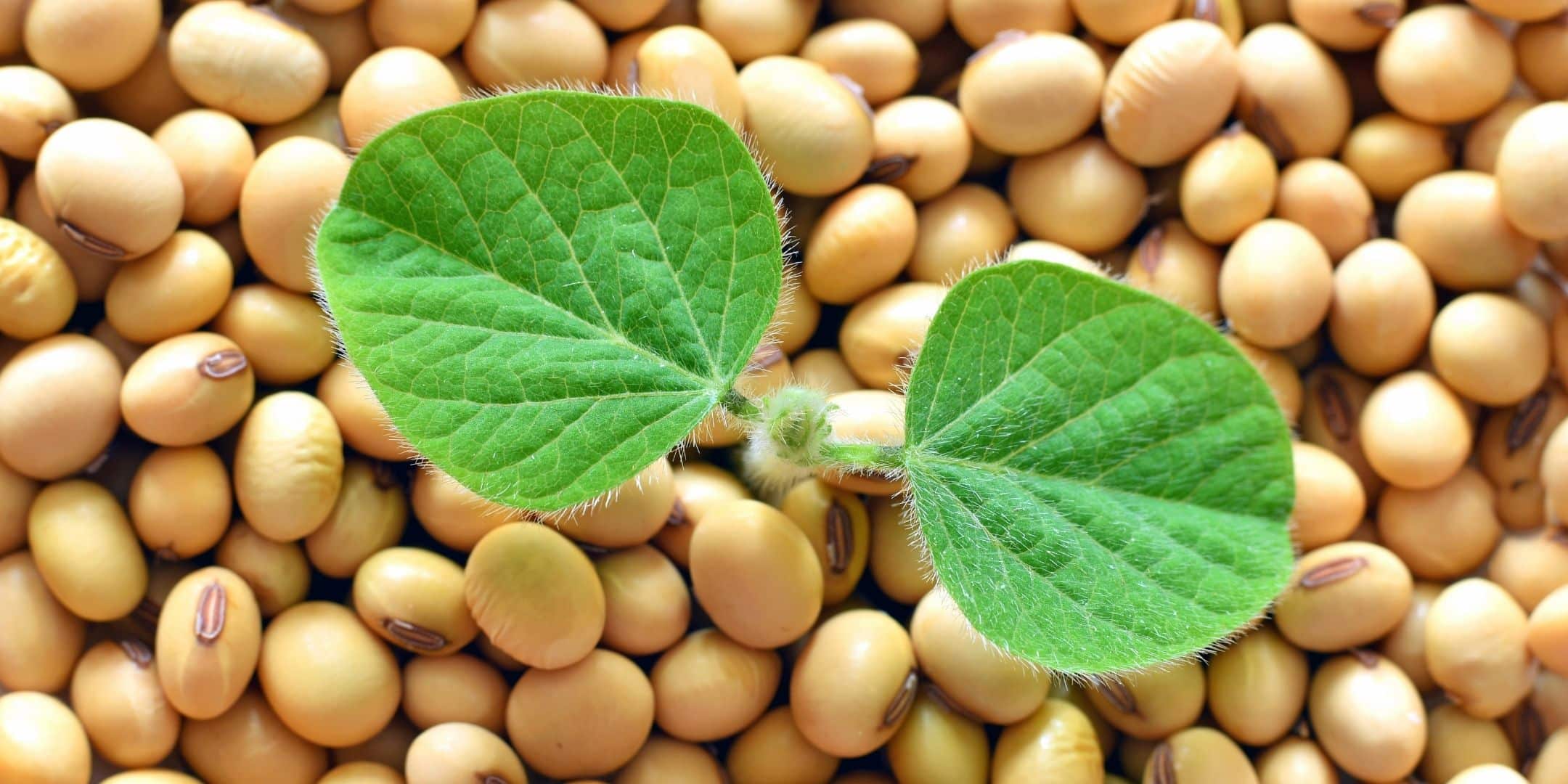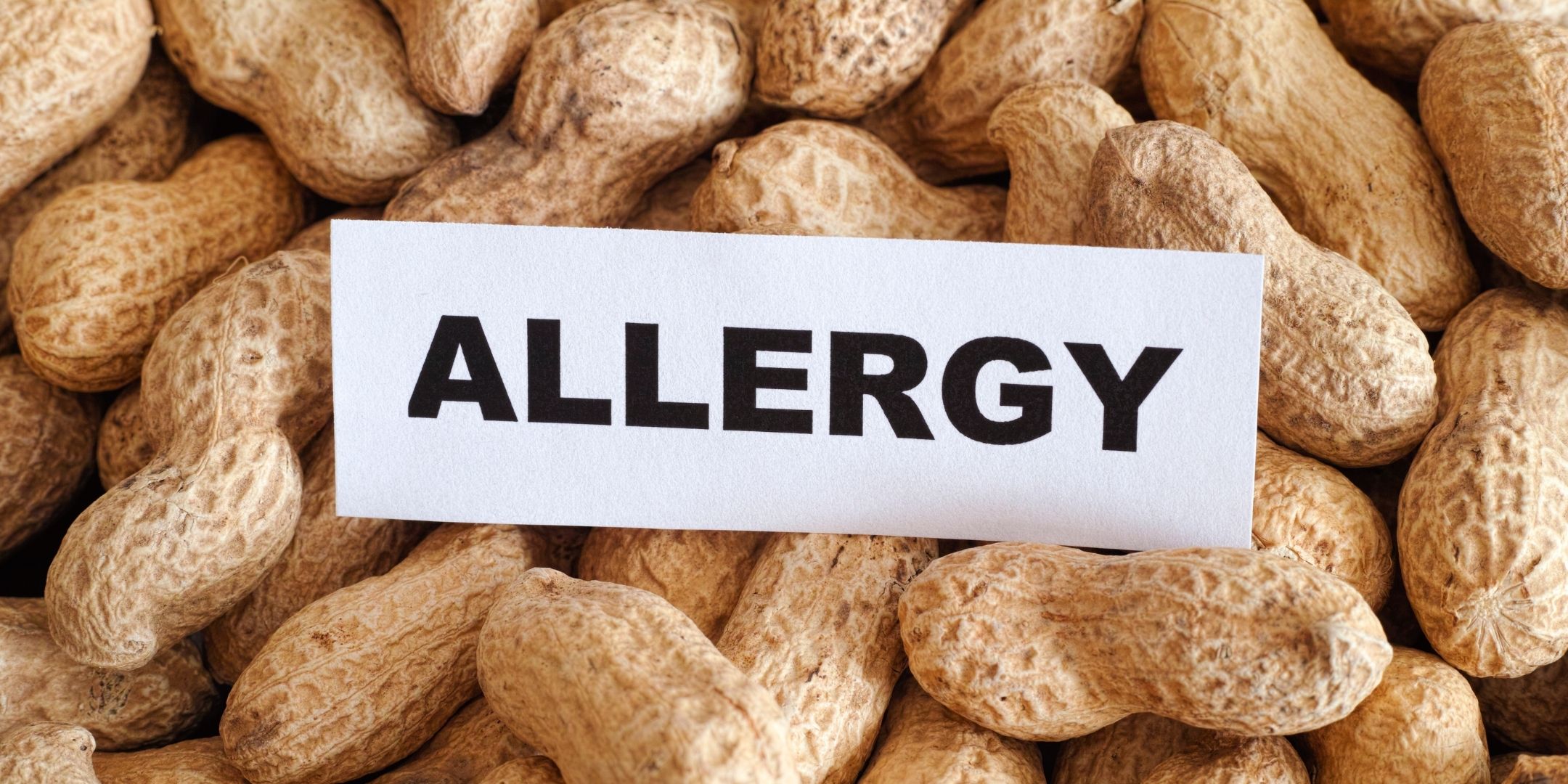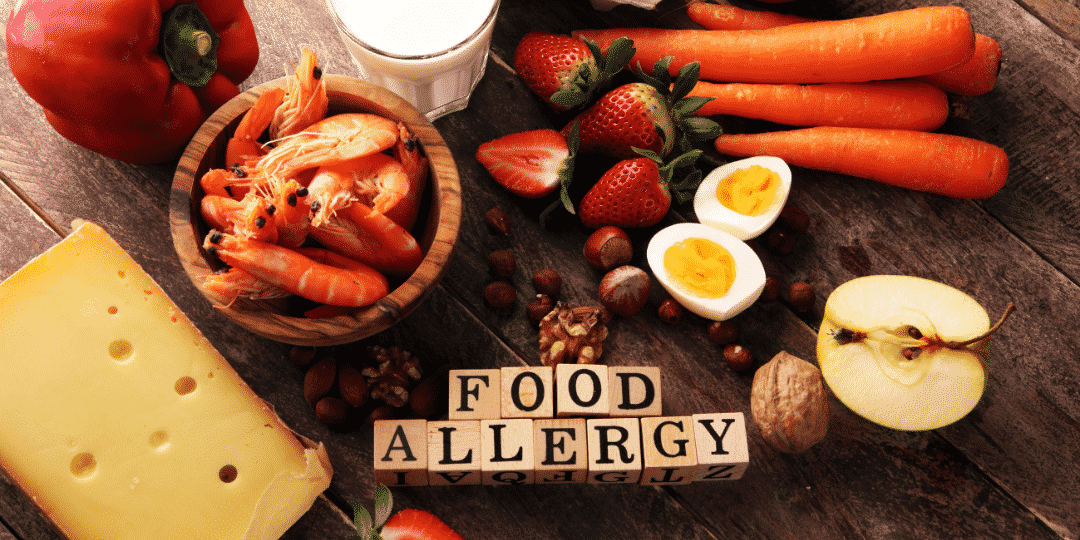9 Food Allergy Back to School Tips
As summer ends and school heads back into session, you may be concerned about what to do if your child has a food allergy. While all schools handle food allergies slightly differently, there are some common themes. It’s important to have a plan in place and make sure that everyone is on board, including your child.
9 Food Allergy Back to School Tips Read More »
